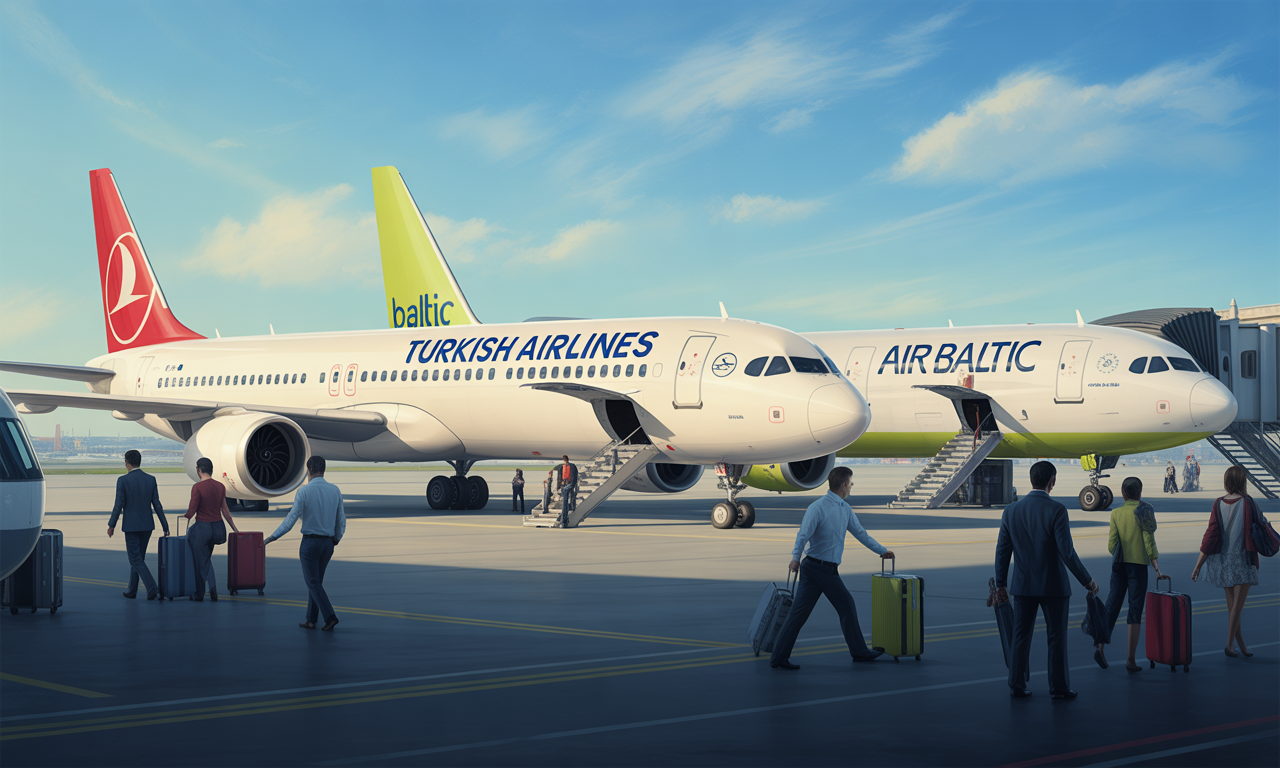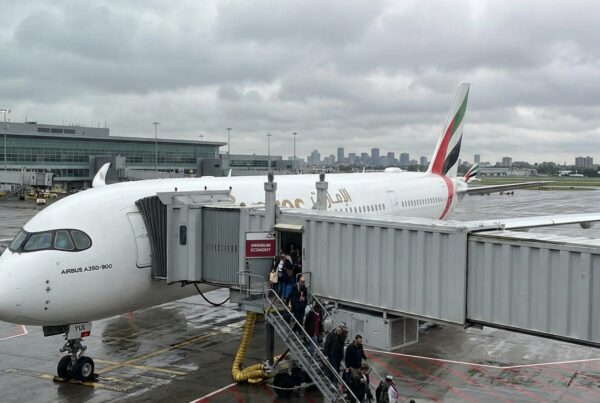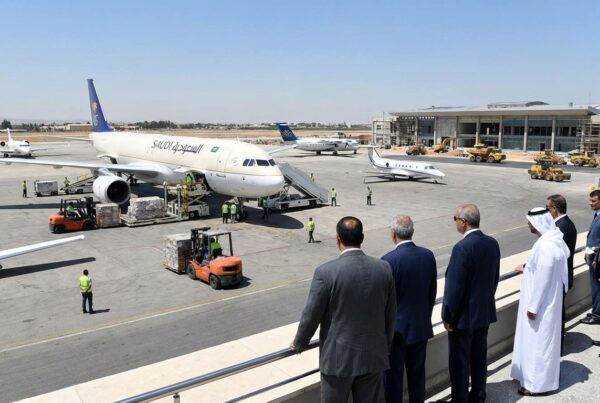Turkish Airlines and airBaltic have announced the strengthening of their collaboration through a new code sharing. This strategic agreement aims to optimize air links, offering passengers an expanded network and better connectivity between their respective destinations. Thanks to this initiative, travelers will benefit from improved service, greater flexibility and a seamless flight experience. The agreement underlines the commitment of both airlines to innovate in response to market demands, while consolidating their international partnerships and facilitating access to attractive offers for demanding customers. This partnership promises a bright future.
Against a backdrop of strengthening alliances in the aviation sector, Turkish Airlines and airBaltic have formalized a new code sharing which promises to boost international connections and enhance the passenger experience. This strategic partnership will enable expanded network coverage, giving access to new destinations and more synchronized flights.
Background to the agreement
The agreement signed between the two companies marks a major step forward in resource sharing, merging the operational know-how of Turkish Airlines with the regional efficiency ofairBaltic. This type of collaboration is similar to initiatives undertaken by other market players, such as Thai Airways and Gulf Air who are also strengthening their code-sharing partnerships. This kind of synergy helps to optimize schedules, minimize waiting times and offer customers a more consistent travel experience.
Benefits for passengers and industry
This new code sharing is seen as a major benefit for travelers, who can now enjoy increased flight availability and competitive fare offers. Passengers benefit not only from improved connectivity, but also from simplified booking management. In addition, innovation in the air travel sector is reflected in a diversified offer and enhanced travel comfort, echoing the news published on airlines.
Operational optimization and synergies
By drawing on their respective skills, Turkish Airlines and airBaltic will implement operational synergies to optimize the use of their fleets and better coordinate time slots. This type of collaboration is reminiscent of the initiative seen in other successful partnerships, such as the recent agreement between SAS and Air Europa for enhanced code sharing, illustrating the industry's commitment to an ever more competitive offering.
Impact on the global aerospace market
The new partnership between Turkish Airlines and airBaltic is part of a global growth and expansion strategy designed to meet the demands of a rapidly changing market. Like other recent agreements, such as that between Delta and Korean Air for enhanced cooperation, this agreement offers an appropriate response to today's challenges in terms of international connectivity and competitive pricing.
Future prospects and innovation
The signing of this agreement paves the way for a series of innovative initiatives, notably in the area of digitalizing services and optimizing the customer experience. By facilitating code sharingThese companies are moving towards greater integration of their offerings, which could potentially include joint projects similar to those undertaken by other companies, for example Indigo Airlines and its possible integration into strategic alliances.
This new agreement is not only beneficial for the two companies involved, but also reflects a major trend in the aeronautical sector, where cooperation is becoming an essential lever for adapting to rapid changes in the global market.

Code-share agreement between Turkish Airlines and airBaltic
| Nature of collaboration | Strengthening the partnership through optimized code exchange. |
| Strategic objectives | Increase connectivity by integrating respective networks. |
| Service integration | Coordinate schedules and services for a seamless experience. |
| Benefits for passengers | Offer better interconnection and more convenient connections. |
| Network optimization | Exploiting complementarities to broaden the range of destinations on offer. |
| Sales synergies | Enhancing an innovative image through closer collaboration. |
| Regional impact | Stimulate international mobility and boost the local economy. |




